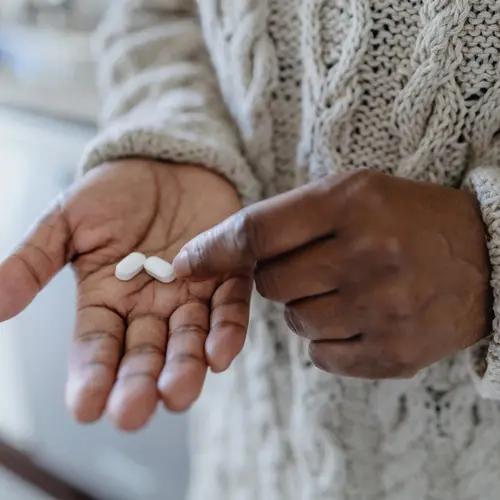If you have attention deficit hyperactivity disorder (ADHD), your doctor may have prescribed Adderall (the brand name for the drug amphetamine-dextroamphetamine) to help you focus and concentrate. It boosts levels of a brain chemical called dopamine, a key player when it comes to focus and attention.
When you quit taking the drug, your dopamine levels drop and your body and brain have to adjust to the change. Most people who take it as instructed don’t have any issues if they take a break from it. But if you use it too often or take too much, you might notice some effects when you stop.
Symptoms of Withdrawal
These aren’t the same as side effects. Withdrawal symptoms happen only after you stop taking a medicine. Side effects happen when you’re using it.
If you’ve taken Adderall for a long time or have misused it, you might have one or more of these after you stop:
- Depression, irritability, or other changes in mood
- A hard time sleeping
- Unusual tiredness (fatigue)
- Nausea
- Stomach aches or cramping
- Vomiting
Sometimes, symptoms of stimulant withdrawal can make you seem hungover or drunk (intoxicated). Again, this happens more often with people who don’t use the medication as directed.
How Long Do the Symptoms Last?
Signs of withdrawal usually show up a day or two after you stop taking it. They may last a few days to several weeks -- it’s different for everyone.
If you’ve taken the drug for a long time, your body and brain may have started to depend on it. The more often you took it, the harder it can be to stop.
A few other things can affect how long your symptoms last and how bad they are:
- Your genes
- Your health history, especially mental health
- Your family’s history of addiction
Managing Withdrawal Symptoms
There’s no specific treatment for Adderall withdrawal. If you want to stop taking it, talk to your doctor about the safest way to do it. For some, they may recommend lowering your dose over time and then stopping. Don’t try to quit “cold turkey.”
You can usually manage the physical symptoms of withdrawal on your own at home. But call your doctor or get medical help right away if you feel seriously depressed or have thoughts of suicide. Counseling or antidepressant medicines may help.
Preventing Withdrawal
Adderall should only be used under a doctor’s care and typically for only a short time. There’s no way to guarantee that you won’t have withdrawal symptoms, but you may be less likely to if you:
- Take the medicine only as instructed.
- Get regular checkups while you’re taking it.
- Talk to your doctor about lowering your dose before stopping.

